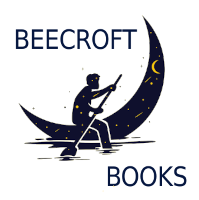Crash and reset
You may have noticed a sudden and dramatic reduction of my blogging over the last week. The truth is I’m having a sudden and dramatic reduction in everything. I think this is connected to DH going back to work, although Youngest being ill and me still being sleep deprived after May Day are also factors…
